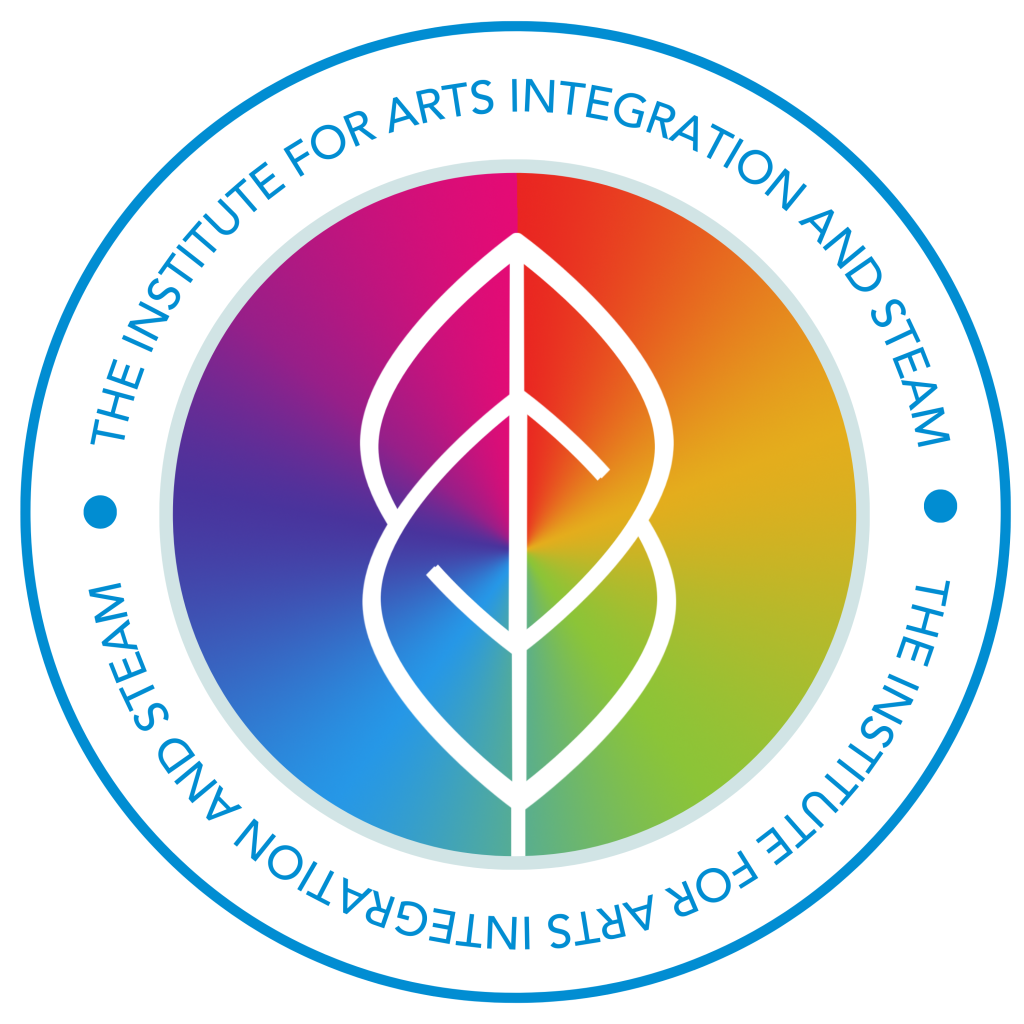Improvising to Build Communication Skills
3 Min Read • Drama
Have you ever had a doctor without much of a bedside manner? Have you ever tried to tune into a science lecture on a topic that was interesting to you but the presenter just couldn’t hold your attention or clearly communicate information?
Alan Alda – actor, director, screenwriter, comedian and author – had an unfortunate interaction with a dentist. This dentist, reported Alda in an interview with NPR, did not clearly communicate a procedure Alda underwent and it had ramifications on the look of his smile – a really important asset, especially for an actor. It led him to pen a book about communication called, If I Understood You, Would I Have This Look on My Face? My Adventures in the Art and Science of Relating and Communicating.
I have yet to read this book, published in 2017, but knowing about it led me to dig deeper. I discovered the Alan Alda Center for Communicating Science which Alda helped establish in 2009. Housed at Stony Brook University in NY, it “empowers scientists and health professionals to communicate complex ideas in clear, vivid and engaging ways; leading to improved understanding by the public, media, patients, elected officials, and others outside of their own discipline”. That sounds brilliant! There are so many complex issues that have a significant impact on our lives. The general public might be able to better navigate these issues if we had a clearer understanding!
Improv for doctors
I was able to see a bit of this in action in a video on YouTube that shows Alda working with scientists and leading them through improvisation exercises not to make them actors but to make them better communicators. “Empathy, clarity and vivid storytelling” are the focus as scientists connect with one another and hone their message. It was fascinating to watch Alda coach one scientist in particular.
She started out asking people to think about a favorite plastic childhood toy. However, she was coached to make it more personal. So she did that. She talked about her own son who loved his plastic toys and loved putting them in his mouth. From there, she launched into the science of what is transferred from the toy to her son.
As soon as she started talking about her own son I was able to connect to her as a person. I had more buy-in for the science she was about to share with me. There was a series of “before” and “after” clips of scientists talking and the contrast was impressive. The scientists were so much more animated in the “after” videos! Their passion for the science clearly came through which helped me to listen, identify, connect and understand.
Building Communication Skills
I loved seeing on the center’s website that medical personnel can take courses at Alda’s center and receive credits from this accredited program which purports that “over two days, you will experience the power of improvisation to transform health care communication.” I have no doubt this is possible, I am just excited to see that there are those in the medical and science communities that believe in it too.
While I am excited that such an institute exists, it begs the question: why are we waiting until adulthood to expose people to these communication skills? Wouldn’t it be better if we began to empower people with the ability to communicate on this level starting in Kindergarten? Improvisation is a powerful tool to help people connect and build empathy. It helps humans to communicate more effectively, to learn to truly collaborate rather than just cooperate.
The fact that this institute exists and that it has accreditation gives me hope we are headed in that direction. I dare to dream that children will have the opportunity to learn from trained theatre educators on a regular basis . To learn to connect and identify with others, to communicate clearly, and to truly learn to collaborate to help solve problems that affect us all. No matter where our professional lives lead us, all of us can benefit from an education that develops those skills. Clear communication is the key to healthy human relationships and everyone benefits from that.



